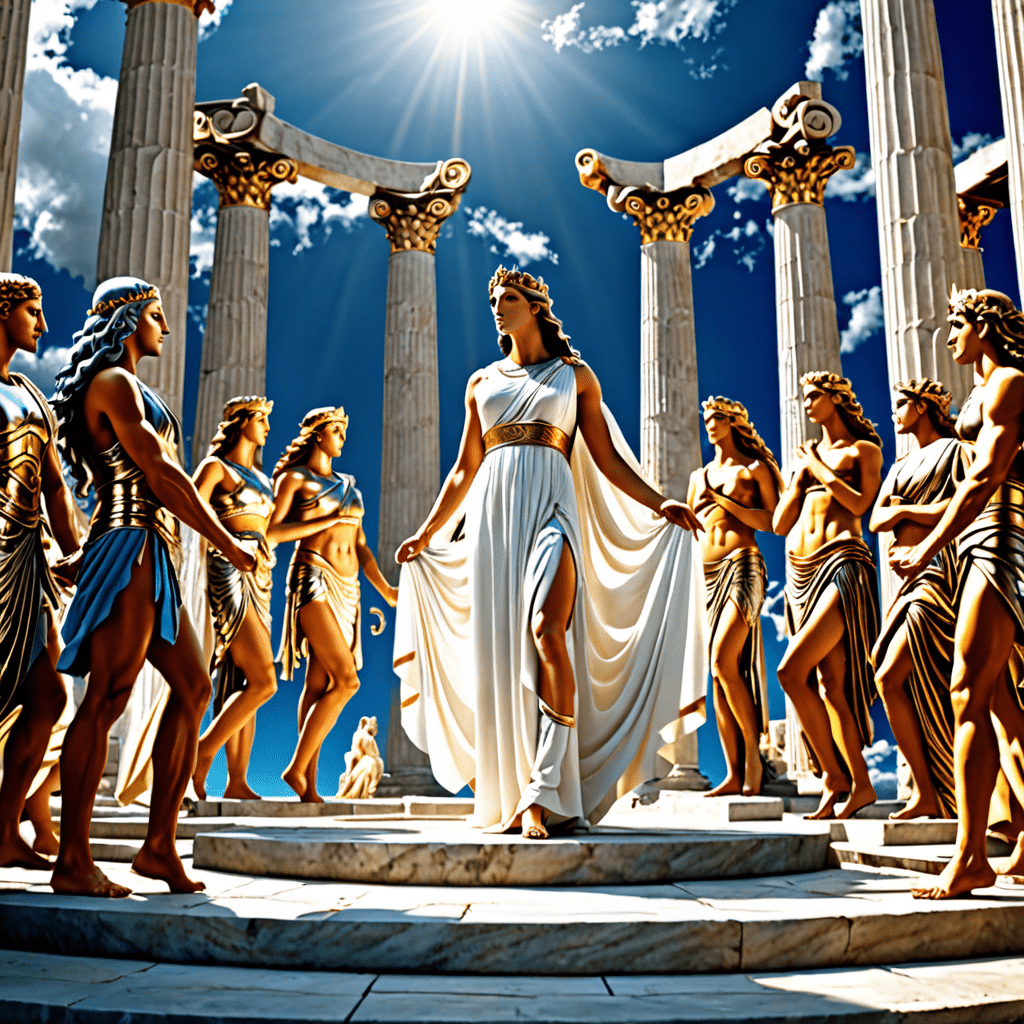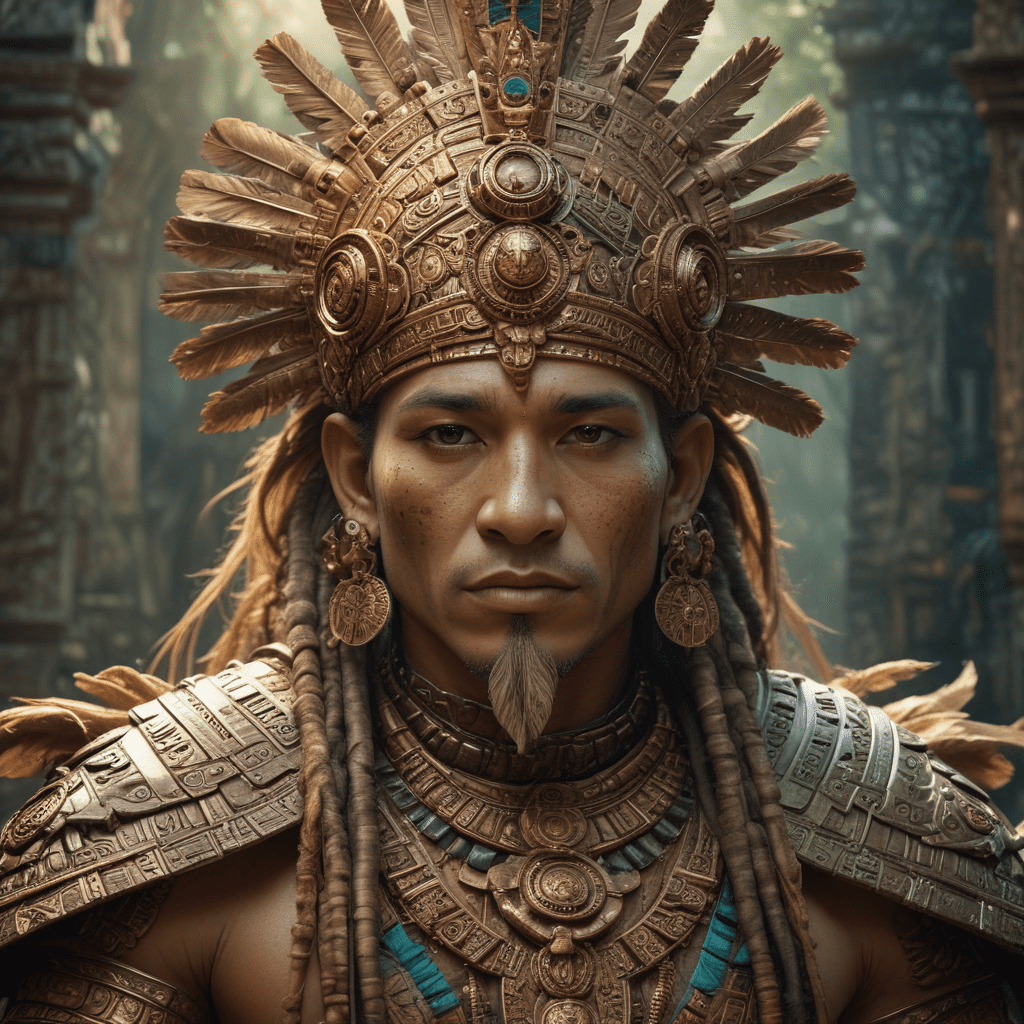The Representation of Beauty in Greek Mythology
Beauty held a significant role in Greek mythology, reflecting various aspects of Greek culture, society, and beliefs. Let’s delve into how beauty was represented in the fascinating realm of Greek myths.
The Ideal of Beauty in Greek Mythology
In Greek mythology, beauty was often associated with qualities such as youth, symmetry, and harmony. Gods and goddesses, portrayed as epitomes of physical perfection, were believed to embody this ideal beauty. Aphrodite, the goddess of love and beauty, was revered for her unparalleled allure and grace.
The Concept of Inner Beauty
While physical beauty was celebrated, Greek mythology also emphasized the significance of inner beauty. Heroes like Hercules and Odysseus, renowned for their courage, wisdom, and noble qualities, were depicted as being truly beautiful due to their inner virtues.
Beauty as a Source of Power and Tragedy
Beauty often served as a source of power and catalyst for tragic events in Greek mythology. The tale of Helen of Troy, whose incomparable beauty sparked the Trojan War, showcases how beauty could influence destinies and trigger monumental conflicts.
The Everlasting Influence of Beauty in Greek Mythology
The portrayal of beauty in Greek mythology continues to inspire art, literature, and modern-day perceptions of aesthetics. By exploring the multifaceted representations of beauty in these enduring tales, we gain insights into the complexities of human nature and the enduring allure of beauty throughout history.
FAQ on The Representation of Beauty in Greek Mythology
What role does beauty play in Greek mythology?
Beauty in Greek mythology often symbolizes divinity, with gods and goddesses portrayed as epitomes of physical perfection and aesthetic allure.
How is beauty portrayed in Greek mythology?
Beauty in Greek mythology is depicted as a powerful force that influences mortals and immortals alike. It is not merely skin-deep but reflects inner virtues and divine qualities.
Which Greek mythological figures are known for their beauty?
Aphrodite, the goddess of love and beauty, is perhaps the most renowned for her unparalleled beauty in Greek mythology. Other notable figures include Helen of Troy, known as “the face that launched a thousand ships,” and Adonis, the epitome of male beauty.
Is beauty always depicted positively in Greek mythology?
While beauty is often revered in Greek mythology, it can also be a source of conflict and tragedy. The story of Narcissus, who falls in love with his own reflection, showcases the darker aspects of beauty leading to self-destructive behavior.
How does the concept of beauty in Greek mythology influence modern perspectives on beauty?
The portrayal of beauty in Greek mythology continues to shape modern perceptions of aesthetics, love, and divinity. It emphasizes the complex interplay between physical appearance and inner qualities, influencing societal



